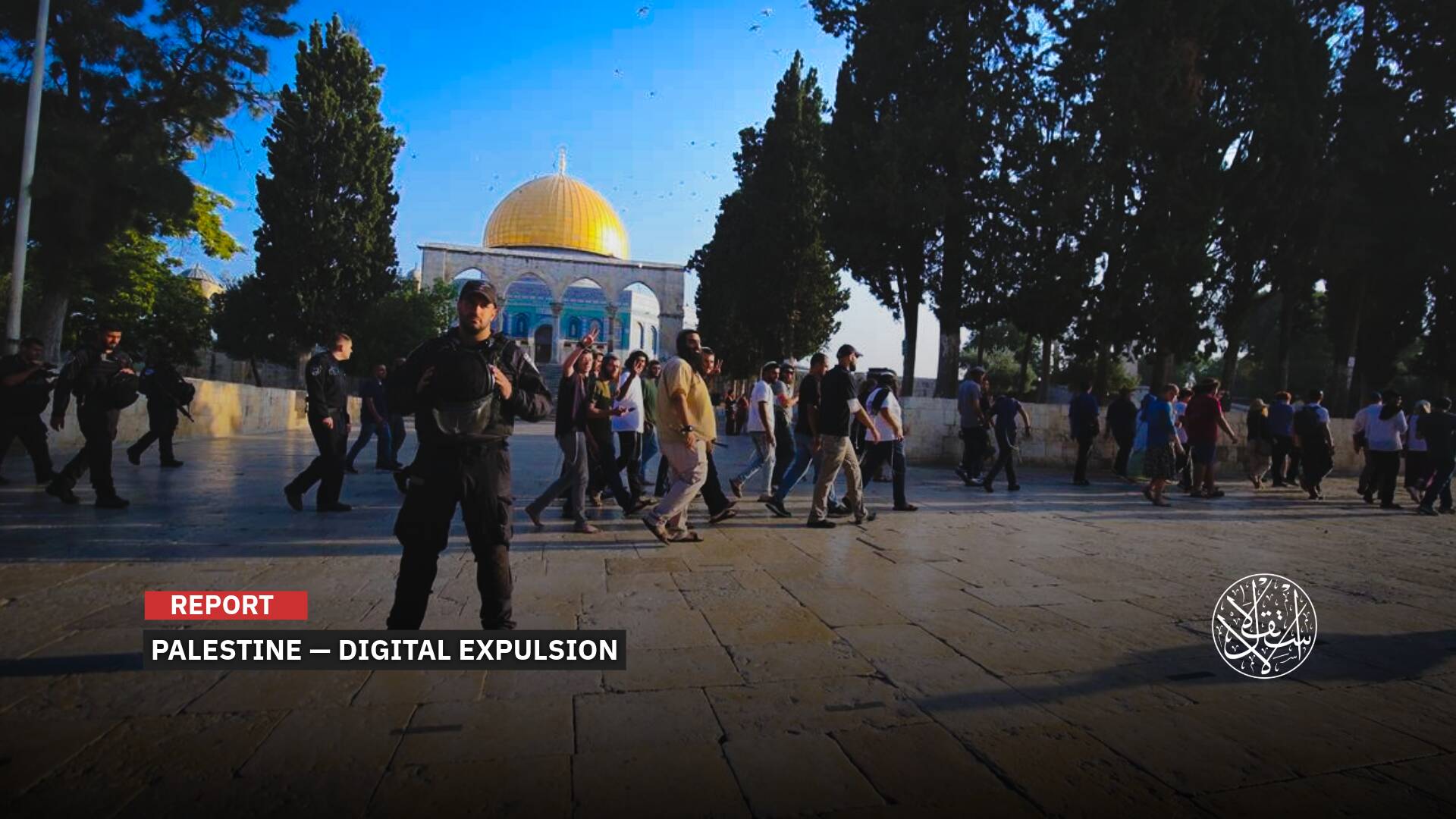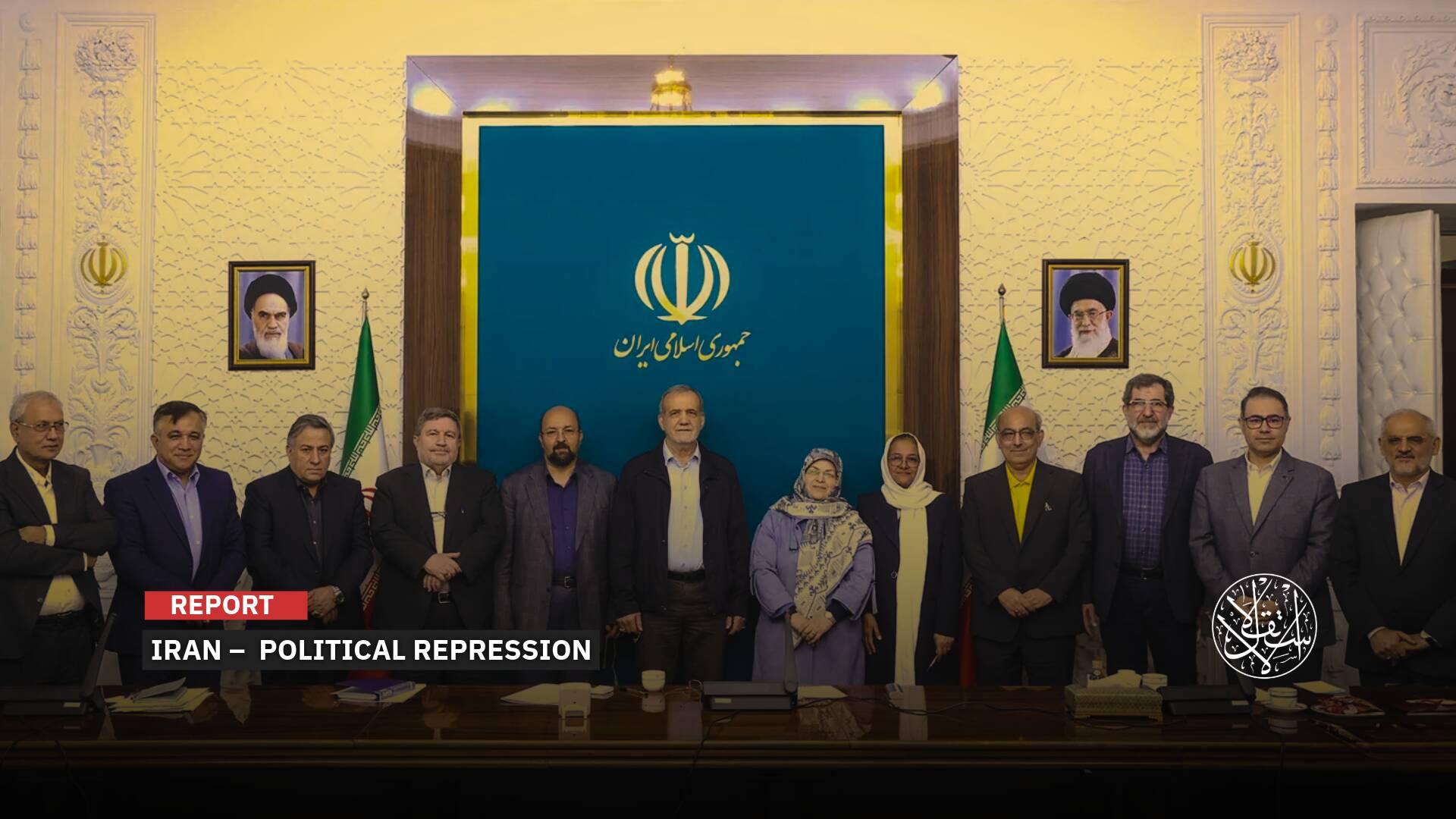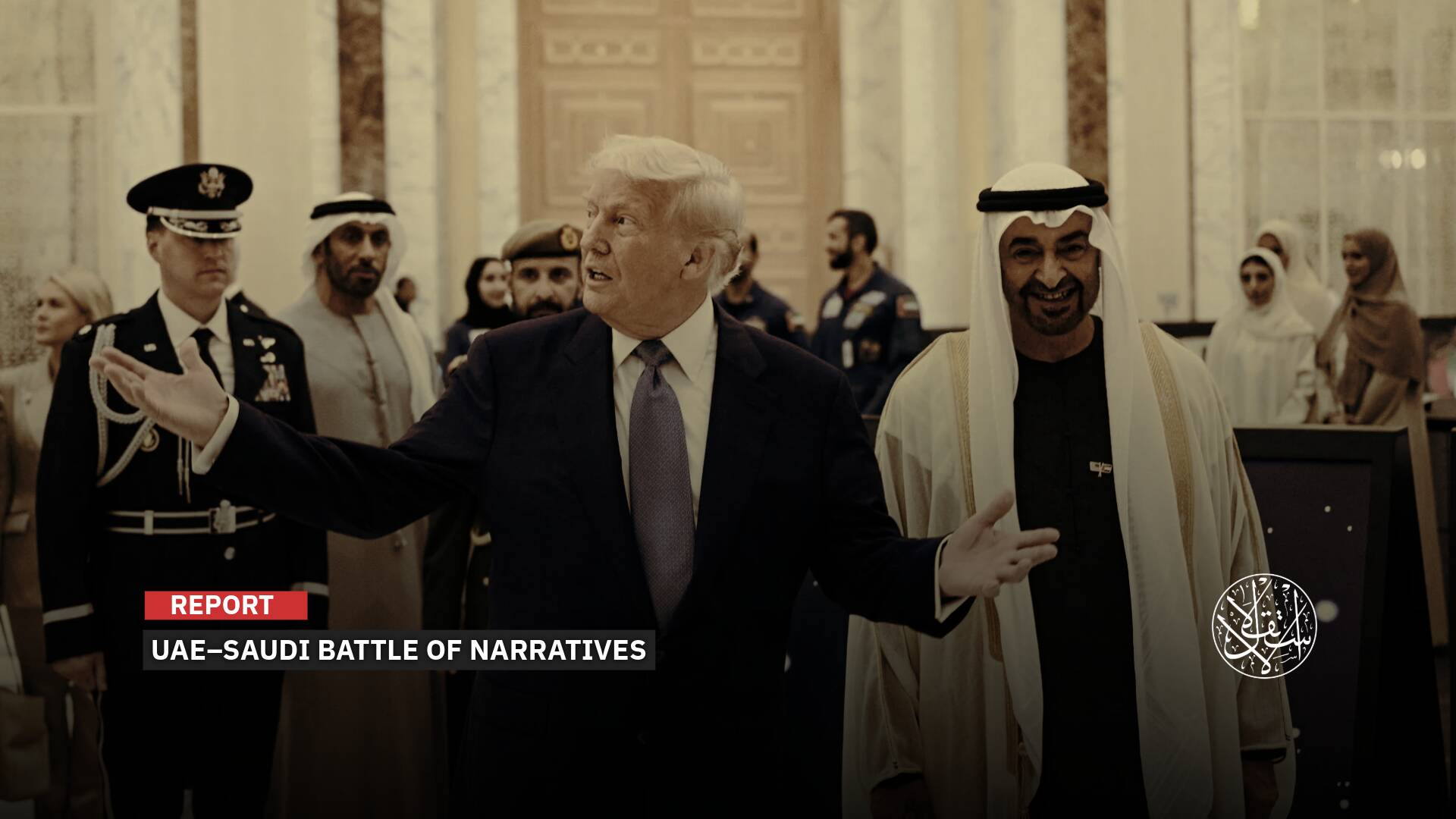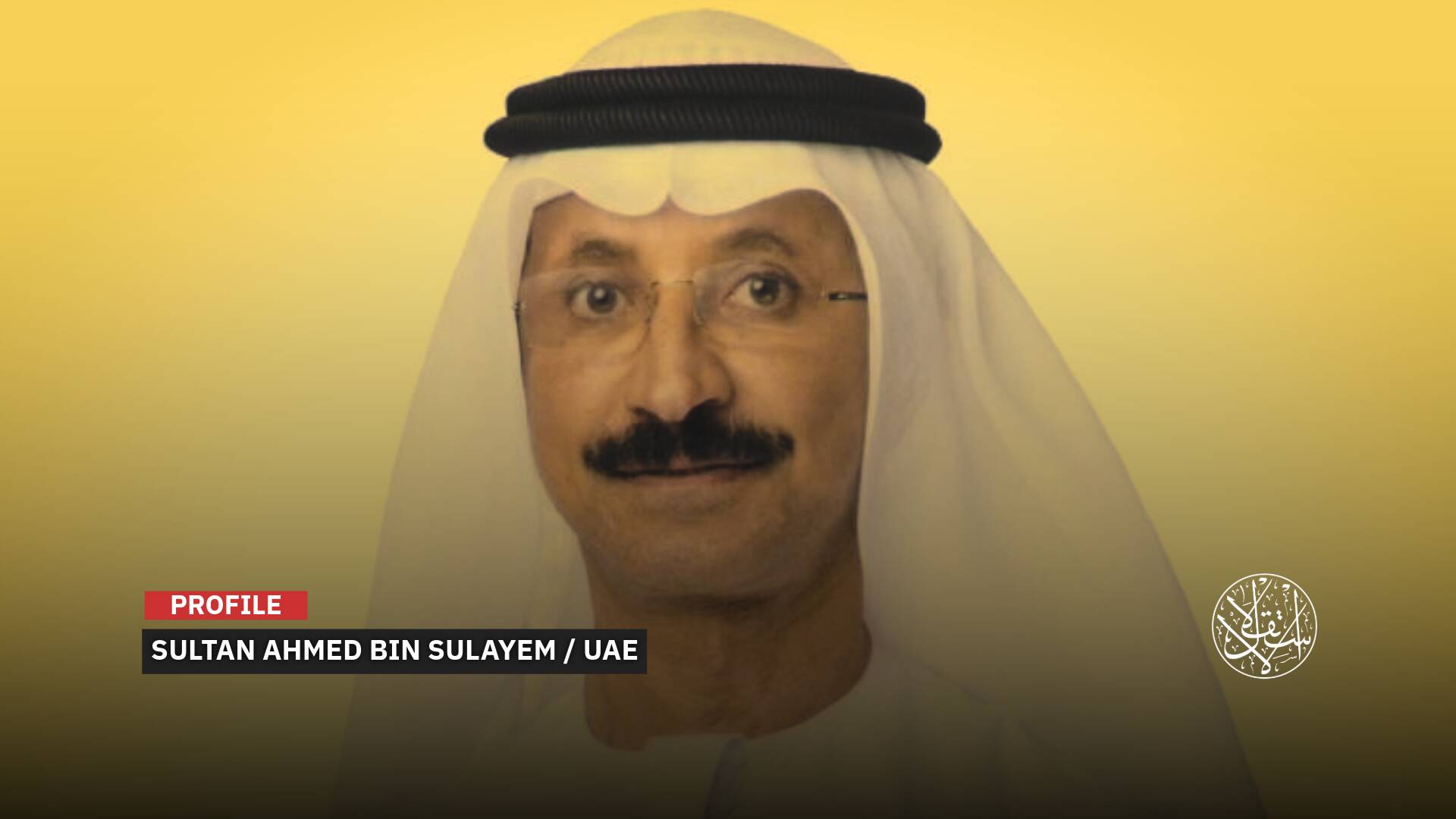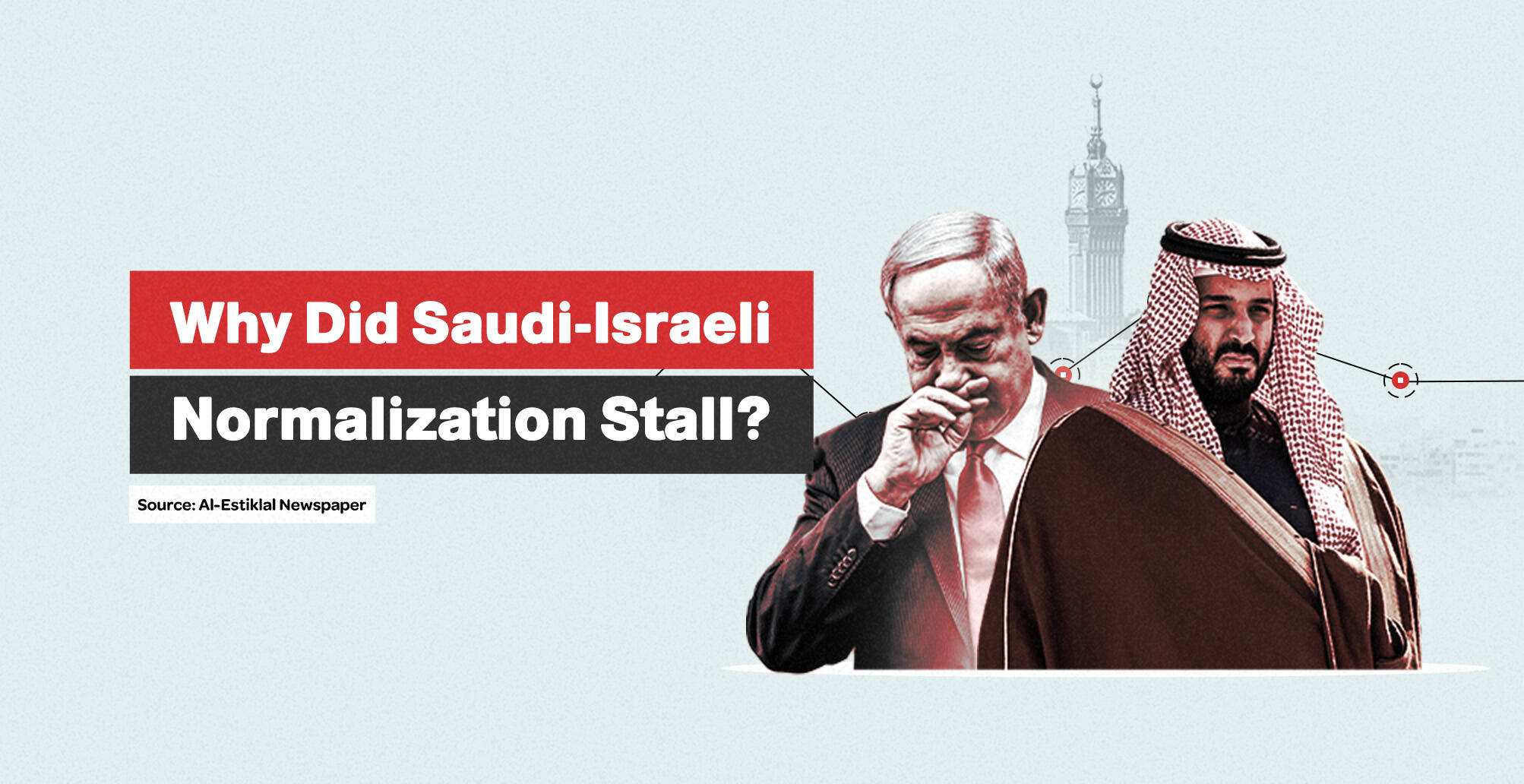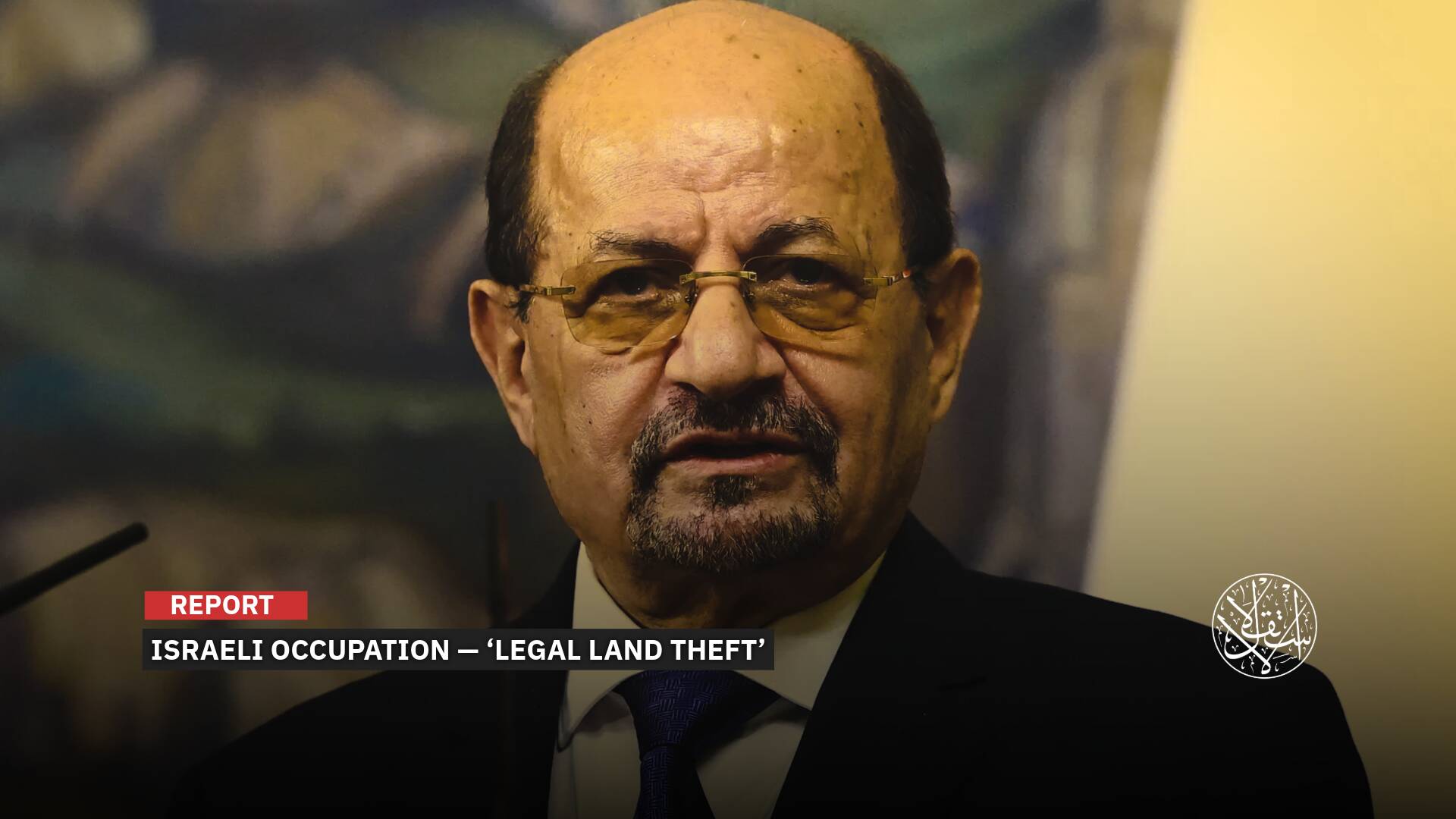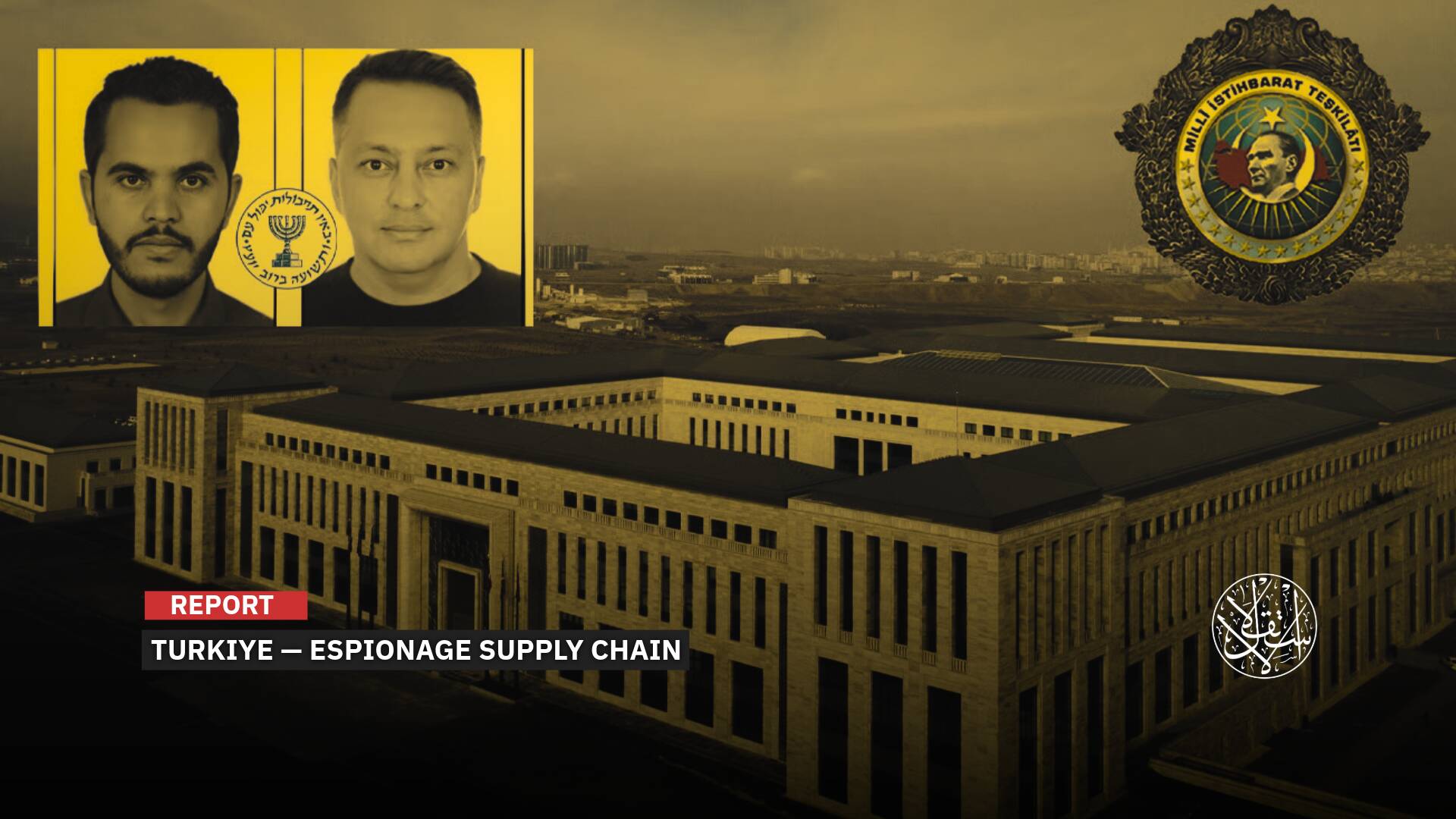Eight Decades Without Claws: Will Japan Wake Up Again?

Author Josh Rogin published an article in the Washington Post stating that as fears of war in East Asia grow, Japan, a key US Pacific ally, is abandoning decades of restraint and has begun its biggest military buildup since World War II.
As regional tensions rise, Japanese Prime Minister Fumio Kishida is urging the United States to recognize the urgency and gravity of this historic moment.
In a lengthy interview at his official residence before leaving for a five-country tour that ends with President Biden’s meeting at the White House on Friday, Kishida said: Japan has made a major, huge decision to strengthen our defensive capability. And for that purpose, we also wish to deepen the bilateral cooperation with the United States even further.”
Military Spending
Kishida added that after three years of pandemic lockdowns, his country faces a regional environment in which China and North Korea are expanding their military arsenals and enhancing their missile capabilities.
Admiral John C. Aquilino, head of US Indo–Pacific Command, has called Beijing’s expansion of armaments “the largest military buildup in history.”
North Korea launched more than 90 cruise and ballistic missiles in 2022, prompting Japanese citizens to often seek shelters.
In December, the Kishida government completed a rewriting of three key documents that make up Japan’s national security strategy. For the first time since 1976, Tokyo’s defense spending will not stop at 1% of GDP.
Under its five-year defense budget plan, Japan is poised to nearly double its defense spending to 2% of GDP by 2027. That would make Japan’s military budget the third largest in the world, after only the US and China.
“The objective is to raise deterrence against China and North Korea,” Rogin says, hoping to prevent leaders in Beijing and Pyongyang from considering using force like Russian President Vladimir Putin in Ukraine.
“This was a major decision that we had to make,” Kishida said. “We have had to question whether we will be able to defend the lives, the livelihood, and the industry of the Japanese people and the country.”
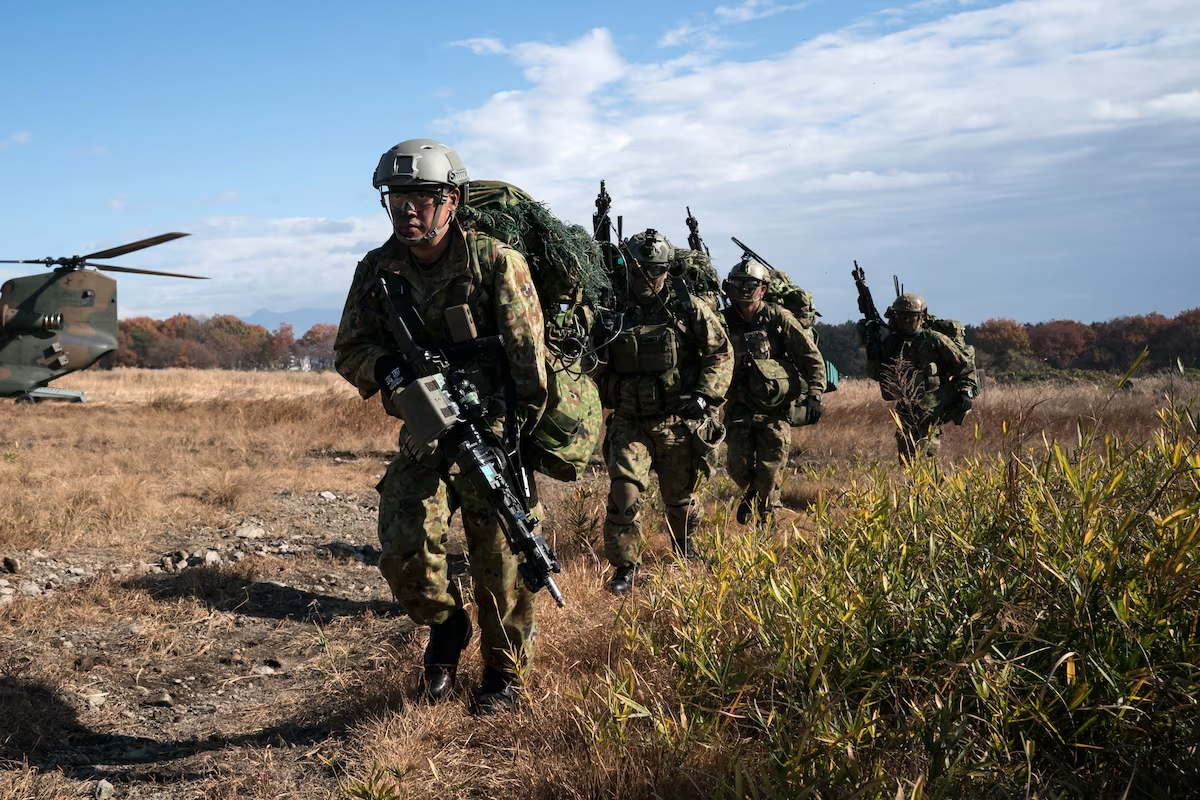
Russian Invasion
Japan has previously pursued a conciliatory policy toward Russia, hoping to resolve long-standing territorial disputes. But after Moscow’s invasion of Ukraine on February 24, Kishida completely reversed that approach.
Japan is now the Asian country most supportive of Ukraine. Kishida stressed to The Washington Post that Russia’s unprovoked attack and nuclear threats should send a warning to those facing the growing aggressiveness of dictatorships in Asia.
“Ukraine today may be Asia tomorrow. Unilateral attempts to change the status quo by force are not acceptable,” Kishida said.
Although not explicitly stated in the strategic documents, Tokyo’s primary concern is a possible attack by China on Taiwan. Japan’s military reorganization shifts resources to Japan’s southwestern islands near Taiwan.
Japan’s military reform does not focus on buying too many ships or aircraft but on making Japan’s large Self-Defense Forces (Tokyo’s name for its armed forces) combat-ready in any Taiwan-related scenario.
Kishida stressed the importance he attaches to peace and stability directly across the Taiwan Strait to Chinese President Xi Jinping at their November meeting in Bangkok.
In his meeting with the author, Kishida said that “the peace and stability of Taiwan are also extremely important for the global community.”
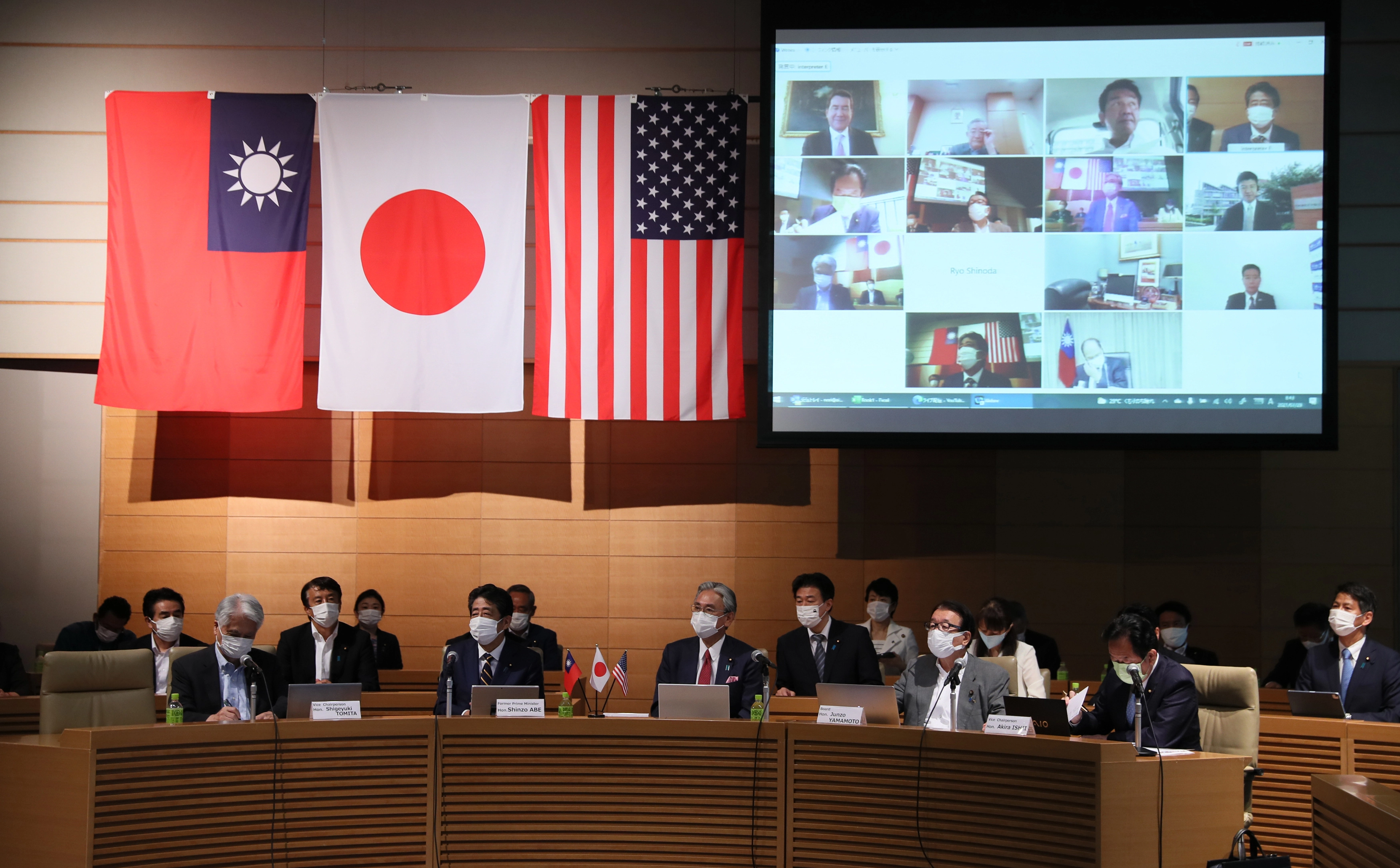
US Support
US Ambassador Rahm Emanuel said that the Biden administration is helping Japan modernize and integrate with the US military and strengthen cooperation in the areas of coast guard, cyber warfare, space, and maritime security.
Washington and Tokyo are also seeking greater economic security coordination, partly by repatriating supply chains and critical manufacturing facilities to ensure that China cannot use its economic power to pressure democracies.
Many in the region clearly remember how Beijing used its monopoly on vital public health supplies to blackmail other countries during the pandemic. “Covid, coercion, and conflict have all made everybody reassess their assumptions,” Emanuel said.
Japan is trying to strengthen its diplomatic role alongside the military. Kishida hosts the Group of Seven (G7) summit in May in his hometown of Hiroshima, where several members of his family were killed in the US nuclear attack there in August 1945. Five of the Group of Seven capitals are visiting this week to prepare for the summit.
When Kishida and Biden meet in Washington on Friday, they are likely to discuss a plan for Japan to become the second US ally (after the United Kingdom) with Tomahawk cruise missiles that would give Japan the ability to strike ground targets
Tokyo deliberately avoided this counterstrike or confrontational capability for decades, but that is now over.
While talking to Japanese officials and experts in Tokyo, he repeatedly heard an official admission that Japan was sacrificing some soft power as a country that voluntarily gave up the ability to wage offensive war.
But most Japanese really fear that if Tokyo does not show China, Russia, and North Korea a serious response to the escalating hostility, conflict will come to Asia.
Arms Race
Yoichi Funabashi, founder of the Asia–Pacific Initiative, part of the Tokyo-based think tank International House of Japan, said: “Unfortunately, it’s an arms race. But, if you cannot acquire sufficient deterrence, you will end up paying more in the long run when the deterrence fails.”
The irony is that Kishida, the leader of the pacifist wing of Japan’s ruling Liberal Democratic Party, takes power the moment Japan emerges from its peaceful postwar stance.
In fact, his liberal background is likely the reason there is little domestic opposition to these plans, initiated by hardline former Prime Minister Shinzo Abe, who was assassinated last July.
“The reality is that the leader of a country cannot choose the era in which the person takes that leadership position,” Kishida told The Washington Post.
Japan concluded that preparing for conflict was the only way to maximize the chance of avoiding it.
As a neighbor of both Russia and China, it has no luxury of choosing to focus solely on Europe or Asia. From Tokyo’s perspective, the fate of both sides of the globe is interdependent and inseparable.
The most prominent question in Tokyo right now is: Can an anxious Japan rely on a fragmented and divided United States to increase its focus on Asia while engaged in a war in Europe?
The truth is that no one knows. But Japan is now betting on its future in the hope that the United States will stand up for it.
Kishida concludes: “I would like to ask the American people to be more interested and to be engaged in the Indo–Pacific region. And I’m convinced by doing so, that would ensure the peace and prosperity of this region.”




